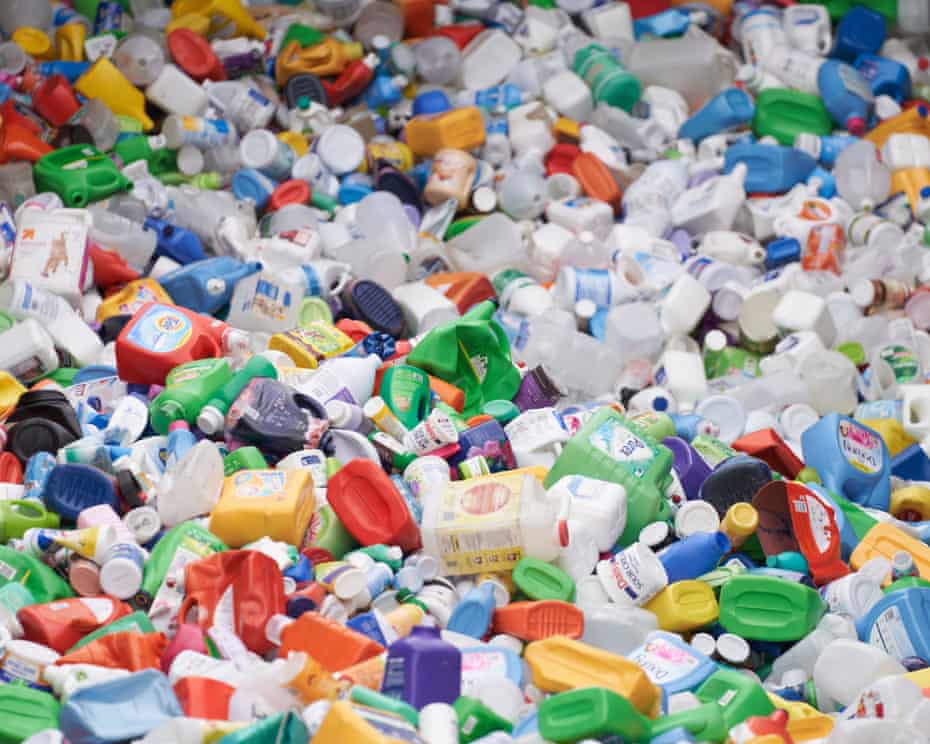Scientists have discovered a groundbreaking method to transform plastic waste into paracetamol, offering a promising new approach to drug production that also tackles environmental pollution.
In a study published in Nature Chemistry, researchers from the University of Edinburgh revealed that genetically modified E. coli bacteria can be used to convert material derived from plastic bottles into paracetamol, a commonly used painkiller also known as acetaminophen.
“People don’t realise that paracetamol currently comes from oil,” said Professor Stephen Wallace, the study’s lead author. “What this technology shows is that by merging chemistry and biology in this way for the first time, we can make paracetamol more sustainably and clean up plastic waste from the environment at the same time.”
How plastic waste is engineered
The process began with polyethene terephthalate (PET), a plastic frequently found in food packaging and bottles. Using environmentally friendly chemical methods, the research team converted PET into a new material. When this material was incubated with a harmless strain of E. coli, it was transformed into para-aminobenzoic acid (PABA), an essential compound for bacterial DNA synthesis.
The conversion relied on a chemical reaction called a Lossen rearrangement, a reaction never before observed in nature. Typically requiring harsh laboratory conditions, the reaction occurred spontaneously in the presence of the E. coli. The team discovered that phosphate within the bacteria catalysed the transformation, making the reaction both effective and biocompatible.
To ensure the bacteria used the PET-derived material rather than producing PABA through their normal metabolic pathways, the researchers genetically modified the E. coli to block their usual PABA synthesis routes. The bacteria were then engineered further by inserting two genes, one from mushrooms and the other from soil-dwelling bacteria, enabling them to convert PABA into paracetamol.
Remarkably, the modified bacteria produced paracetamol from PET-derived material in under 24 hours, with low emissions and an efficiency yield of up to 92%.
“This enables, for the first time, a pathway from plastic waste to paracetamol, which is not possible using biology alone, and it’s not possible using chemistry alone,” said Wallace. “It is a way to just completely hoover up plastic waste.”
While further research and development are required before this method can be scaled for commercial production, the findings represent a major step forward in creating sustainable pharmaceuticals and tackling the global plastic waste crisis.



